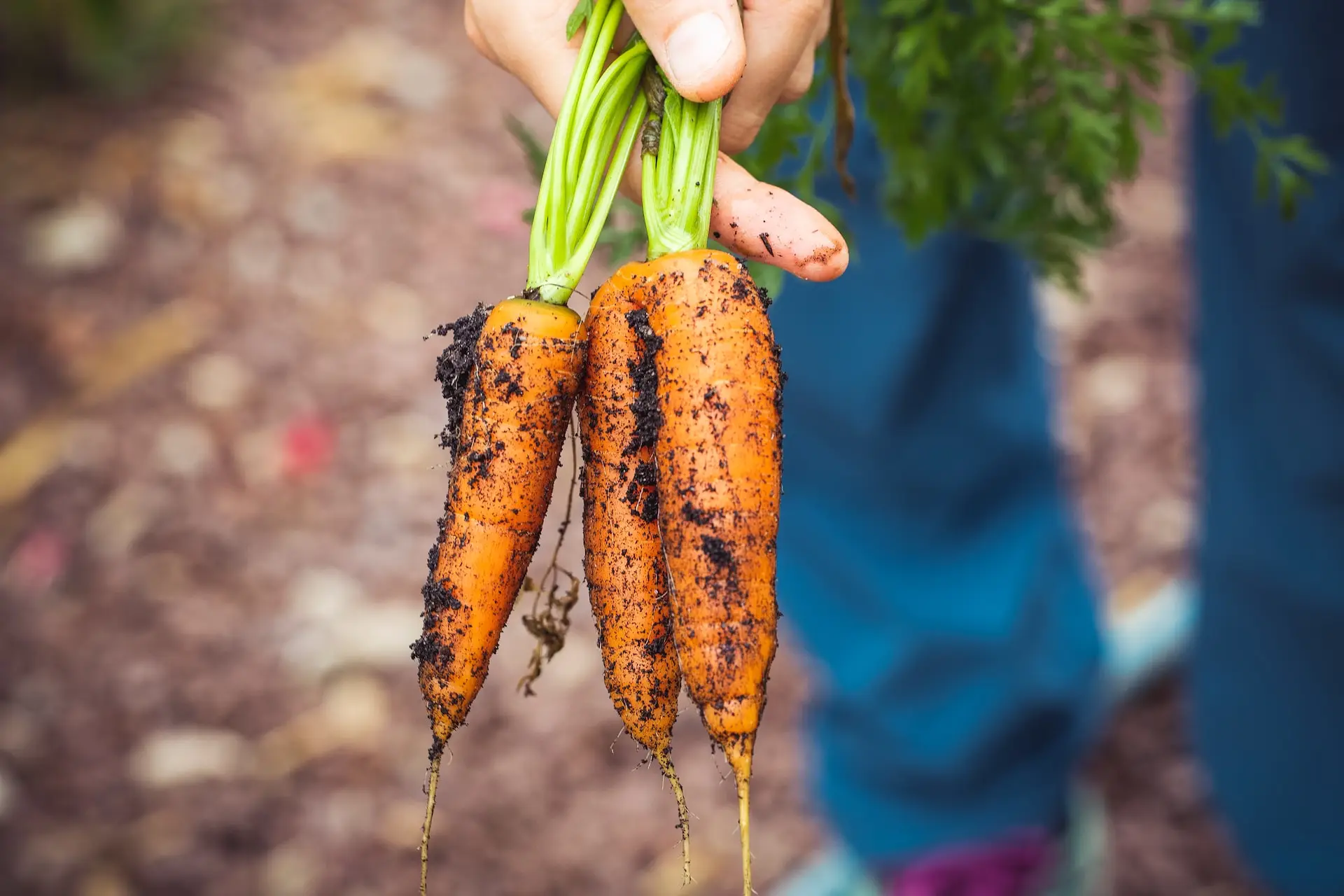As the world continues to experience the effects of climate change and pollution, people are looking for ways to slash their carbon footprint. Everyone is or is at least trying to cut down on their waste and switch to renewable power, but what a lot of people don’t think about is their food.
Our food, how it is made, and how it gets to us are huge contributors to climate change. The food industry as a whole is one of the most significant contributors to energy use, waste, and greenhouse gas emissions. The EPA says almost 25% of worldwide carbon emissions are due to food production.
People who already know about the harmful impact of the global farming and food industry have been looking for ways to reduce their contributions to this issue. Some have started purchasing locally grown food from their local grocers or farmer’s markets. This is a great start but if you want to go a step further and ultimately minimize your contribution to this issue, you should grow your own food.
Eating local does help but local doesn’t always mean sustainable and the choice of food also matters a lot. Your local farmer could be growing non-native produce that might not be suitable for your environment, which requires more energy and resources.
It’s possible your local store has produce imported from around the world. Even if the produce was grown locally, it was probably driven over 1,000 miles before it got to the store. We explore some of the many reasons why growing your own food can help slash your carbon footprint.
Minimized Emissions
If you think about how much our food travels before it reaches our local food stores and our tables, you won’t be surprised why growing your own food is such a better option. The average estimated distance food travels before reaching us is over 1,500 miles in the United States.
Imported food obviously travels even further. All of this distance traveled means fossil fuels burned and greenhouse gas being emitted into the environment through transport alone.
Even before our food starts getting transported, commercial farming itself is a high-energy and resource-intensive process. There is so much heavy equipment required, which uses a lot of fuel that releases a lot of pollution into the environment.
The Use Of Pesticides And Fertilizers
In commercial farming and food production, a lot of chemicals are added to our foods. Harmful chemicals that are added when plants are growing to keep them disease and pest-free.
Once the crop is done growing, these harmful chemicals keep the produce preserved and prevent rotting. All of this harms both us and the planet as a whole. Chemicals and fertilizers used in commercial farming have been known to deplete the soil’s natural nutrients and harm the helpful bacteria present in the soil.
If you grow and produce your food in your garden, you will know what has gone into the production and care of your plants. You could choose to go completely organic and chemical-free with some eco-friendly garden alternatives.
Growing Your Own Food
With all of this in mind, if you want to start growing your own food to slash your carbon footprint, there are a couple of things to consider. There are some plants that require little maintenance that you can’t go wrong with.
Your specific environment matters a lot, and you should research what you can or can’t grow. Plants such as tomatoes, lettuce, green beans, zucchinis, and peppers are some of the easiest plants to grow in a majority of regions. These types of produce commonly have native varieties for the best growth potential based on your region.
Starting A Produce Garden
Once you have started, remember that gardening is a skill that needs practice and time to learn and perfect. Losing a few crops is normal and something you should learn from.
It’s recommended to keep it simple in the beginning, starting with a few herbs and a few potted plants with easy maintenance. It might take a few tries, but soon you can have your very own flourishing food garden.
You won’t just help with reducing your carbon footprint, but you will also feel the effect on your wallet. You could be amazed by how much money you can potentially save when growing your own food. The best part is that this practice is even better is that organic and home-grown food just tastes so much better!

